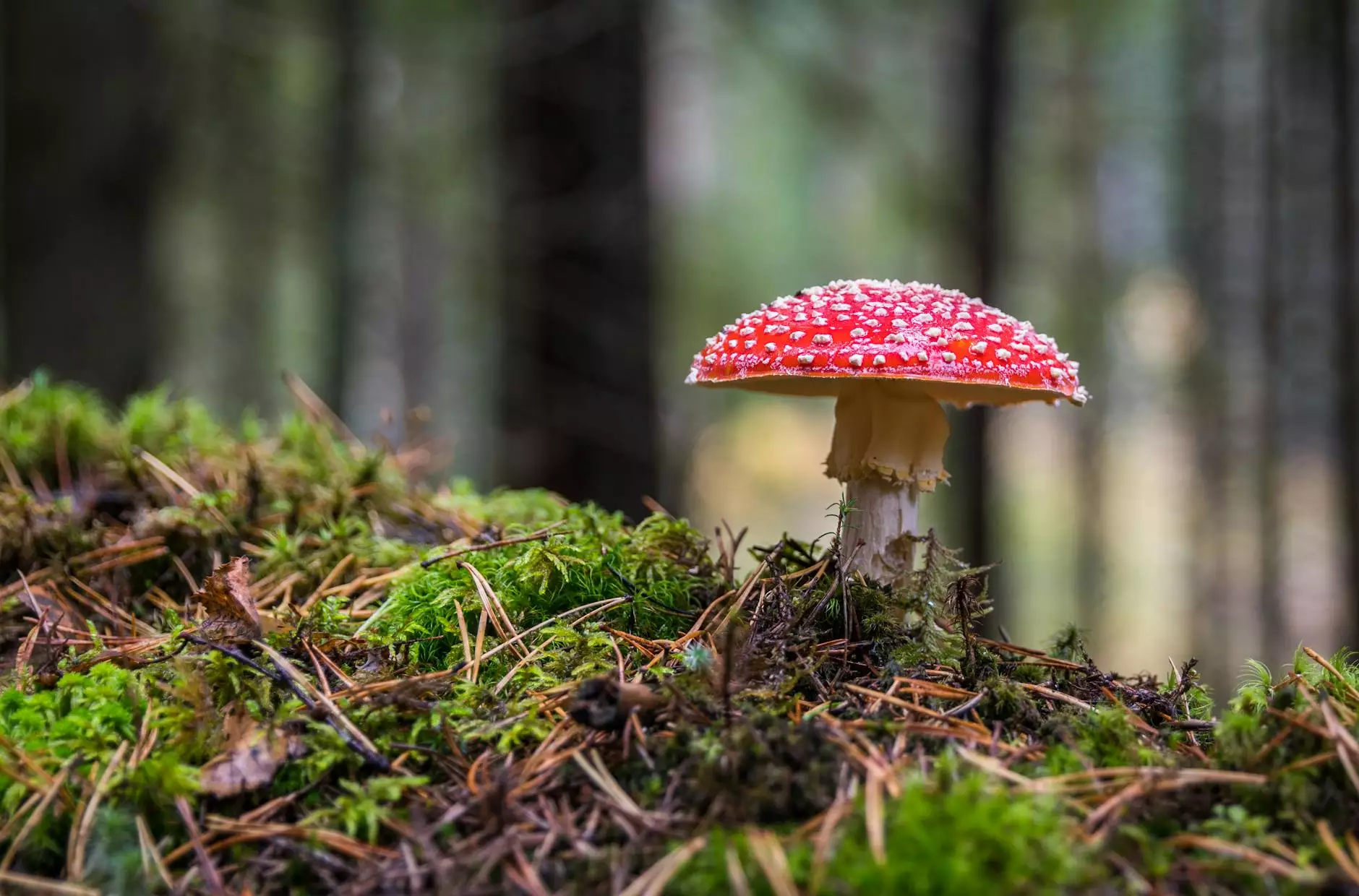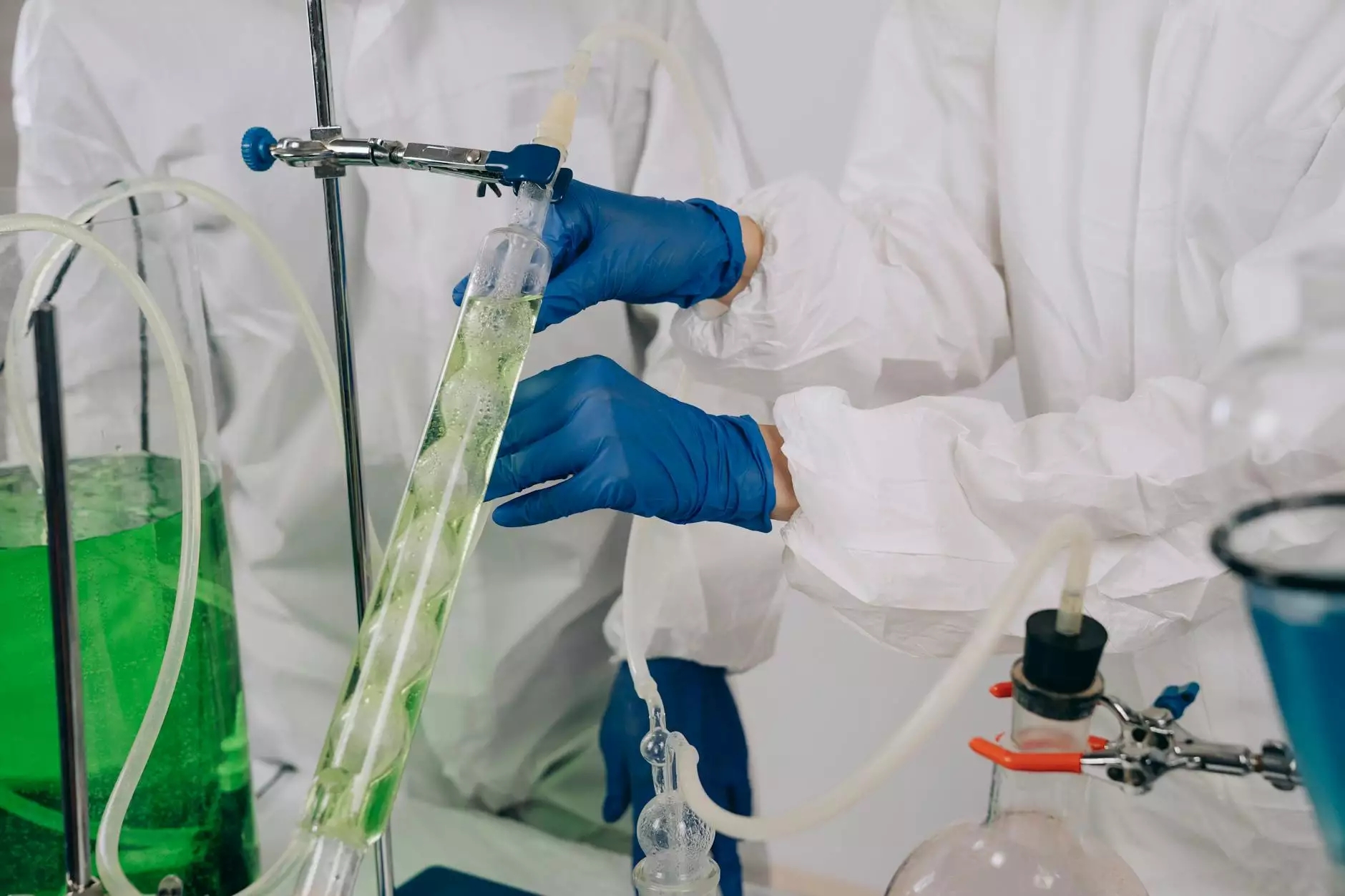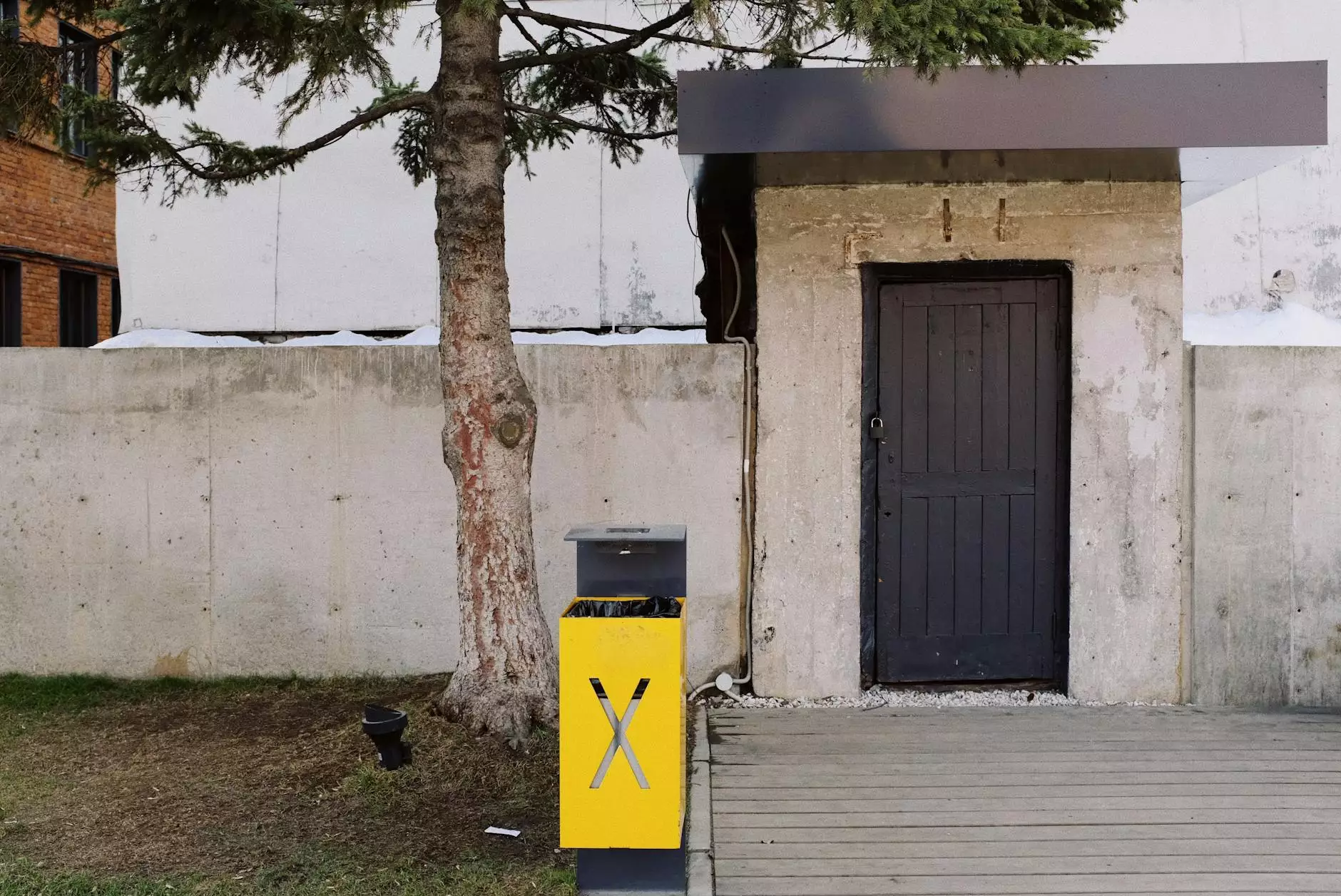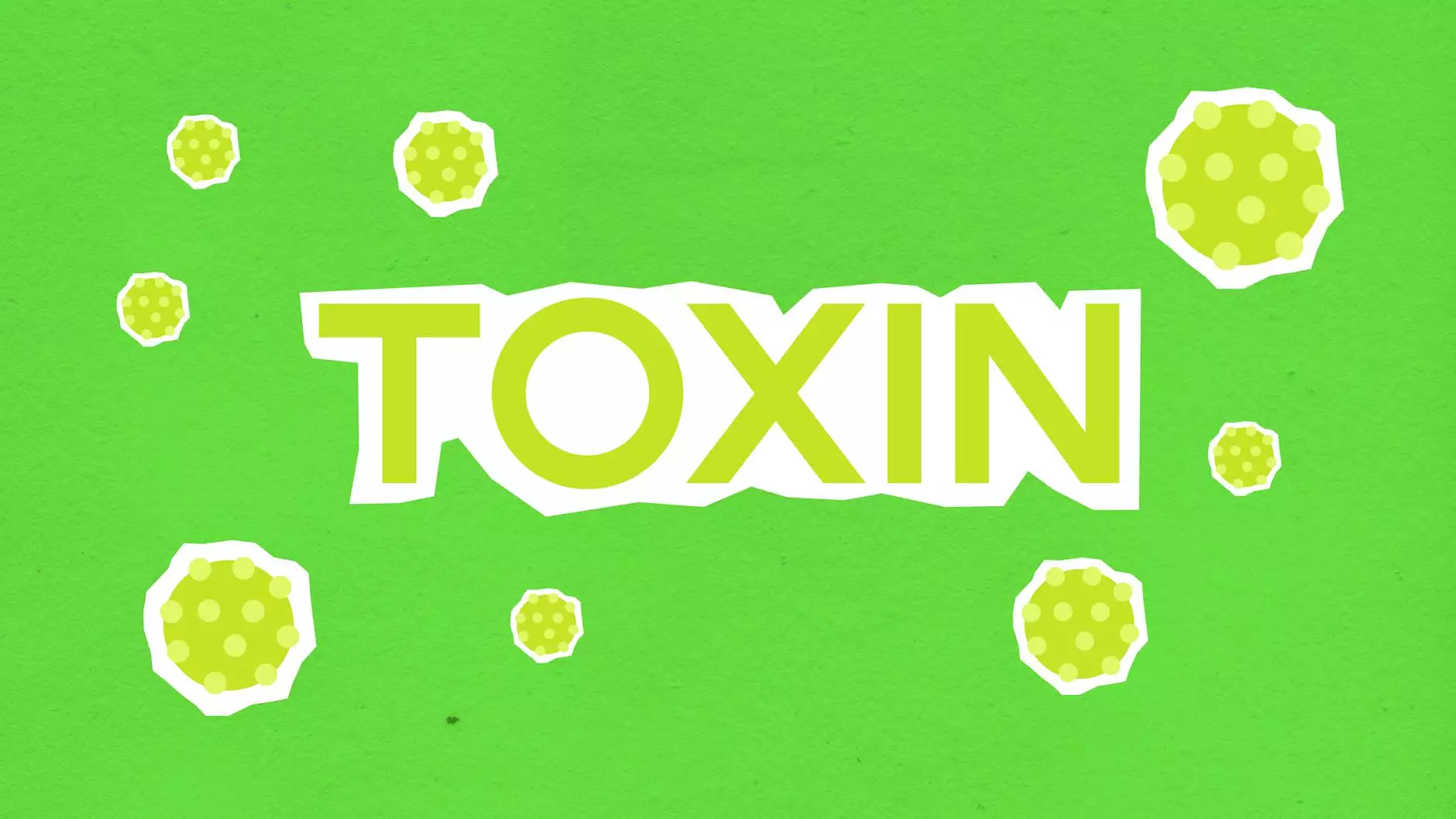Plant Guide
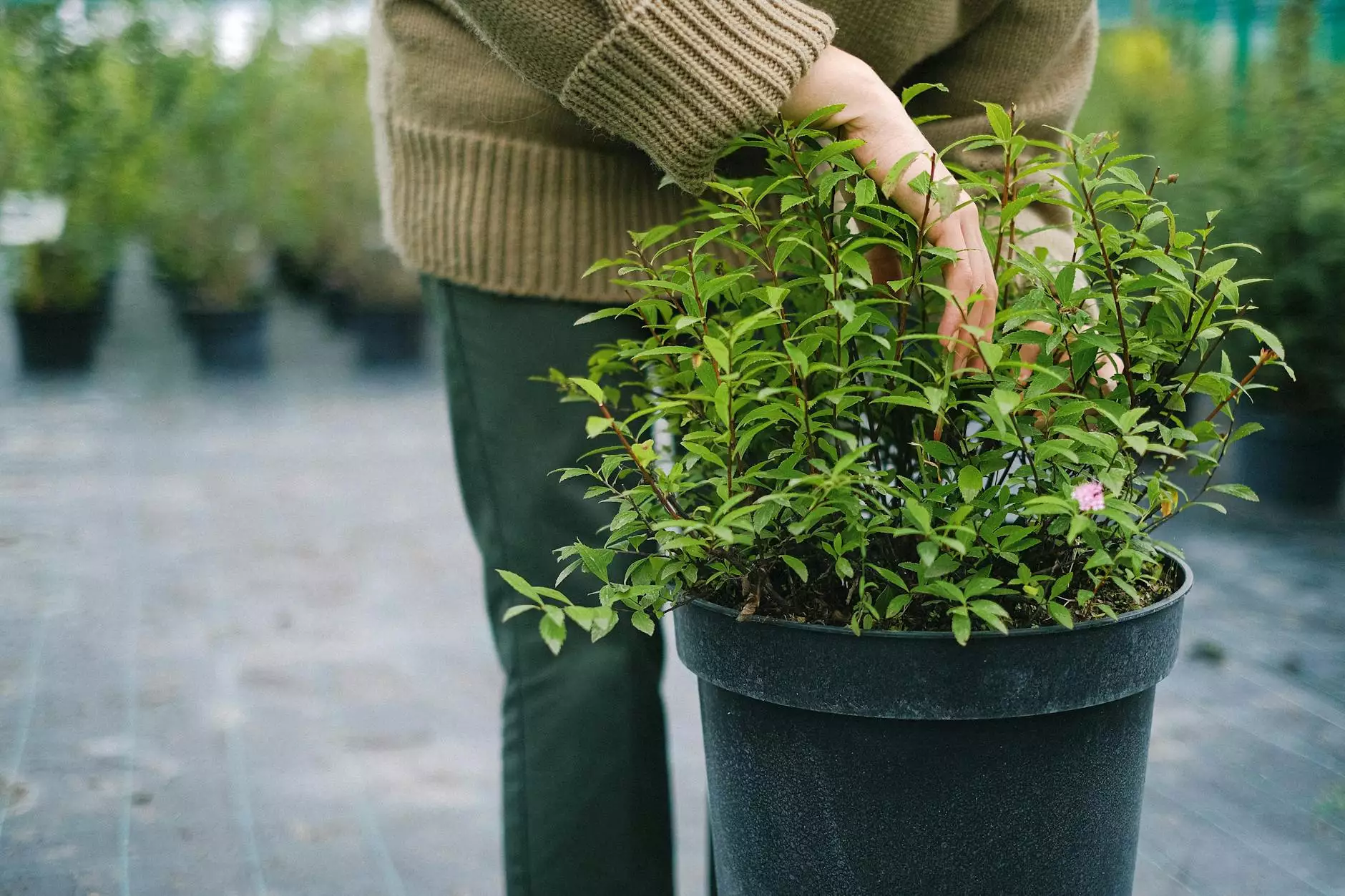
Introduction
Welcome to the Plant Guide provided by Regency Square Care Center, a trusted name in Health - Geriatric and Aging Care services. In this comprehensive guide, we will discuss common types of poisoning related to indoor and outdoor plants, and provide valuable information on their prevention.
Understanding Common Types of Plant Poisoning
Plant poisoning is a serious concern, especially for seniors who may be more vulnerable to the toxic effects of certain plants. It's important to be aware of the types of plants that can pose a risk and take necessary precautions.
Indoor Plants
While indoor plants can provide beauty and improve air quality in your home, some varieties can be toxic if ingested. Certain plants, such as Dieffenbachia, Philodendron, and Peace Lily, contain harmful substances that can cause gastrointestinal discomfort, skin irritation, or even more severe symptoms. Our Plant Guide will provide you with detailed information about the toxicity levels of various indoor plants and tips to ensure a safe environment.
Outdoor Plants
Outdoor plants offer a wide range of options for landscaping and gardening enthusiasts; however, it's crucial to be cautious about potential plant poisoning risks. Various flowering plants, like Oleander, Daffodils, and Foxglove, contain toxins that can have adverse effects on human health. By following our Plant Guide, you will learn which outdoor plants are potentially harmful and how to avoid any accidental ingestion or contact with toxic substances.
Preventing Plant Poisoning
Prevention is key when it comes to plant poisoning. By taking a few simple steps, you can significantly reduce the risk of accidental ingestion or exposure to toxic plants.
Education and Awareness
Knowing which plants pose a risk is the first step in preventing plant poisoning. Our Plant Guide offers detailed information about common indoor and outdoor plants and their potential toxicity. By familiarizing yourself with these plants, you can make informed decisions that prioritize safety.
Proper Plant Placement
Careful placement of plants in your home or garden can make a significant difference in preventing plant poisoning. Keep toxic plants out of reach of children, pets, and individuals with cognitive impairments. Opt for safer alternatives or choose non-toxic plants for areas where there may be a higher risk of accidental contact.
Appropriate Handling and Disposal
When handling plants, whether indoors or outdoors, it's essential to wear protective gloves to minimize any potential skin irritations or allergic reactions. Properly dispose of pruned or removed plant parts, taking care to prevent any accidental ingestion by curious individuals or animals.
Consultation with Experts
If you are unsure about the toxicity of a specific plant or need further guidance on plant safety, consult with gardening professionals or local horticultural experts. They can provide expertise to ensure a safe and healthy environment for you and your loved ones.
Conclusion
The Plant Guide by Regency Square Care Center aims to empower individuals with the knowledge and resources to prevent common types of plant poisoning. By understanding which indoor and outdoor plants can be toxic, and implementing preventive measures, you can create a safe and enjoyable environment for all. Stay informed, take necessary precautions, and enjoy the many benefits that plants bring to our lives.

